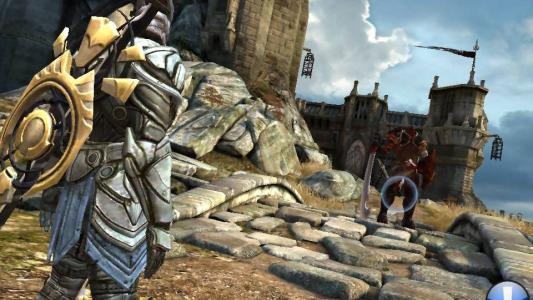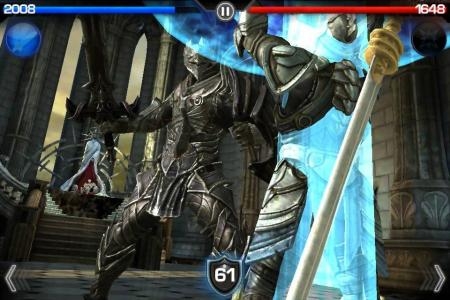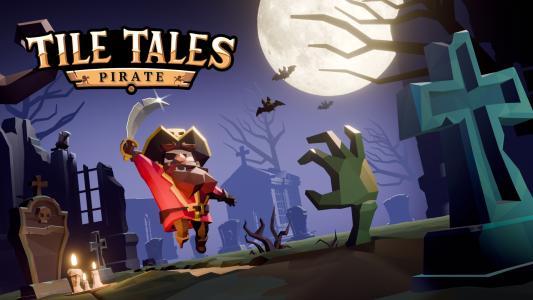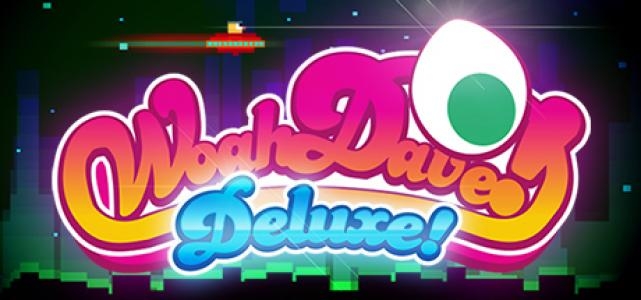
| Console: | iOS |
| TV Standard: | Region Not Set |
| Release Date: | 2010-12-09 |
| Players: | 1 |
| Co-op: | No |
| ESRB: | Not Rated |
| Type: | Role-Playing, Fighting |




Infinity Blade is a fighting game with role-playing elements developed by Chair Entertainment and Epic Games and released through the Apple App Store on December 9, 2010. It is the first iOS video game to run on the Unreal Engine. In the game, the unnamed player character fights a series of one-on-one battles in a derelict castle to face the immortal God King. When in battle, players swipe the screen to attack and parry, and tap the screen to dodge and block enemy attacks. Upon victory or defeat, the player restarts the game as the character's descendant with the same items and experience level.
The game was developed by a team of twelve people, who took two months to make a playable demo and three more to finish the game. Infinity Blade was intended to demonstrate the new iOS version of the Unreal Engine, and to combine the swordplay of Karateka and Prince of Persia with the loneliness of Shadow of the Colossus. The game received four free expansions that added new equipment, endings, and game modes.
Infinity Blade was the fastest-grossing app in the history of iOS upon its release. It made US$1.6 million in its first four days, and over US$23 million by the end of 2011. It was well received by gaming critics. Reviews heavily praised the graphics and compared the mobile game favorably to console games. Critics also praised the swipe-based combat system, but split opinions on the cyclical gameplay as either addictive or repetitive. Chair later released an arcade port and two iOS sequels: Infinity Blade II and Infinity Blade III. Author Brandon Sanderson also wrote two novellas set between the games: Infinity Blade: Awakening and Infinity Blade: Redemption.









